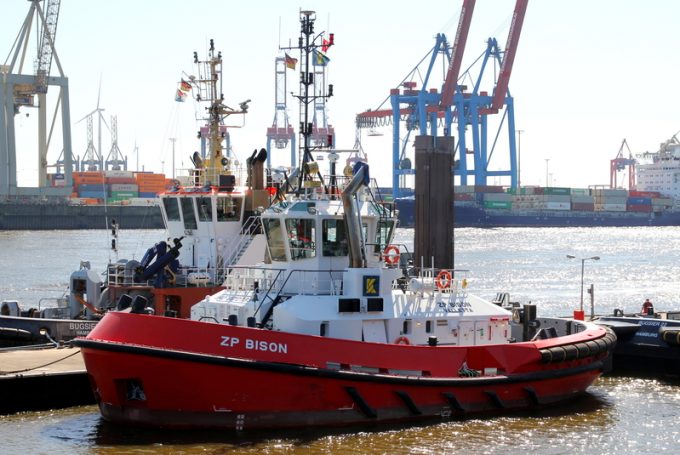EU states eye UK's troubled transition as Dutch migrate to Union Customs Code
EU governments are expected to be watching the UK’s struggle to transition to a new ...

Netherlands-based European harbour towage specialist Kotug Smit is to become part of the Spanish Boluda Corporacion Maritima group.
Established in 1837, Boluda has a fleet of around 250 tugs in 81 ports in Latin America, the Caribbean, Spain, France, Germany, the Indian Ocean and the west coast of Africa.
Kooren family-owned Kotug can trace its roots to the ownership of its first tug in 1911, but in its current form merged with Dutch compatriot Smit to mitigate the impact of rapid liner ...
Trump tariffs see hundreds of cancelled container bookings a day from Asia
'Disastrous' DSV-Schenker merger would 'disrupt European haulage market'
'To ship or not to ship', the question for US importers amid tariff uncertainty
'Chaos after chaos' coming from de minimis changes and more tariffs
List of blanked transpac sailings grows as trade war heats up and demand cools
EC approves DSV takeover of DB Schenker
Forto 'sharpens commercial priorities' as it lays off one-third of staff
Shippers in Asia restart ocean shipment bookings – but not from China
India withdraws access for Bangladesh transhipments, in 'very harmful' decision
'Tariff hell' leaves industries in limbo – 'not a great environment to plan'
IndiGo fleet expansion plan will include a major push to boost cargo volumes
Pre-tariff rush of goods from US to China sees air rates soar, but not for long
De minimis-induced ecommerce demand slump could cripple freighter operators
'Restoring America's maritime dominance' – stop laughing at the back of the class
Hapag 'took the bigger risk' when it signed up to Gemini, says Maersk
Navigating tariffs: 'like trying to solve a Rubik's cube while colour-blind'

Comment on this article